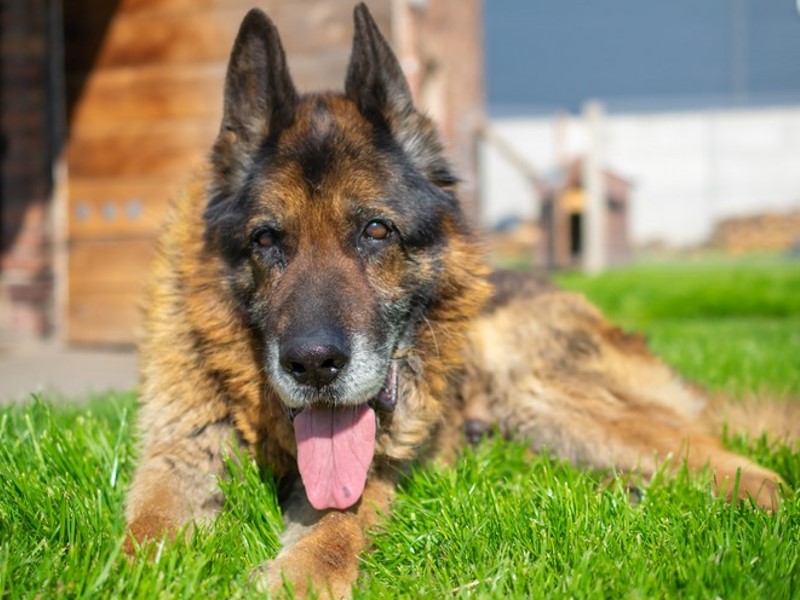As your beloved canine companions age, their dietary needs evolve, requiring careful consideration and adjustment to ensure their continued health and well-being. Just like humans, senior dogs may experience changes in metabolism, digestion, and overall health, making it crucial to select the appropriate dog food tailored to their specific requirements.
With an overwhelming array of options available in the market, finding the ideal food for your senior dog can be a daunting task. After all, it’s easy to assume that these foods are just the same. But the truth is that they are not.
However, as long as you are armed with the right knowledge and understanding, you can navigate through the multitude of choices and make informed decisions to support your furry friend’s golden years. In this comprehensive guide, you will learn some essential tips for choosing the right food for your well-loved senior dogs.
1. Understand Your Senior Dog’s Nutritional Needs
The first step in selecting the right type of food for your senior companion is to understand their nutritional requirements. As dogs age, their metabolism slows down, and they may become less active, leading to changes in their calorie needs.

Aside from this, senior dogs may encounter various health issues such as arthritis, dental problems, and decreased organ function, which can influence their dietary needs. Look for dog foods specifically formulated for seniors, which typically contain lower calories to prevent weight gain, higher protein to maintain muscle mass, and added supplements such as glucosamine and chondroitin for joint health.
2. Consult Your Veterinarian
Before making any significant changes to your senior dog’s diet, it’s essential to consult with your veterinarian. They can provide valuable insights into your dog’s health status and recommend appropriate dietary adjustments based on factors such as age, breed, size, activity level, and any existing health conditions.
Your vet may suggest specialized diets tailored to address specific health concerns or recommend supplements to support your senior dog’s overall well-being.
3. Look for High-Quality Ingredients
When selecting dog food for your senior companion, prioritize products made with high-quality ingredients. Opt for foods that list meat or meat meal as the primary ingredient, as these provide essential proteins and amino acids necessary for muscle maintenance and repair.














